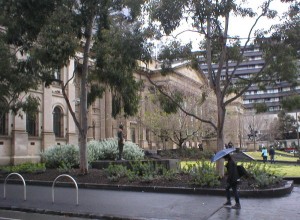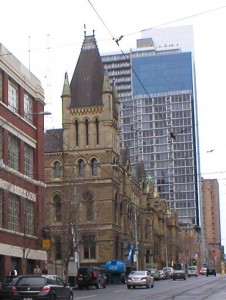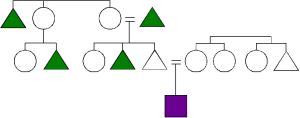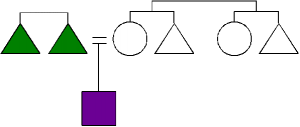![]()
![]()
![]()
![]()
![]()
![]()
![]()
jasēlne
a sight, something to see.
sema jasēlni nā to jamāonre mo marēþa;
The city has many sights for the traveler.



![]()
![]()
![]()
![]()
![]()
![]()
![]()
jasēlne
a sight, something to see.
sema jasēlni nā to jamāonre mo marēþa;
The city has many sights for the traveler.



![]()
![]()
![]()
![]()
![]()
![]()
jasūna
la jāo ñe jasūna-nle;
This is our room.
I’m on vacation in Melbourne, Australia, with my Mom, and this is a picture of our room. I hope to have a picture and a word everyday, but I cannot guarantee that I will actually be able to post everyday.
![]()
![]()
![]()
![]()
![]()
![]()
ansīña
having greater than expected or average height, tall.
![]()
![]()
![]()
![]()
![]()
![]()
ansīþa
the quality of being full of energy, of being vigorous and not easily tired. This only applies to natural objects, so people, animals, and in some contexts, plants.
![]()
![]()
![]()
![]()
![]()
![]()
![]()
ansōnen
clever, wise, knowing more than others, makes good decisions. This differs from antēlen in that ansōnen is not based on one’s education, but rather on some “inborn”* ability to figure stuff out on one’s own.
*whether this is actually inborn is subject to debate.
![]()
![]()
![]()
![]()
![]()
![]()
![]()
![]()
![]()
jasūmārwe
the feeling that one has finished a search or a journey and now one is done and can move on to the next thing. In Kēlen culture, the feeling one has when one realizes that one is at the end of one’s period of anrāona. il anrāona is the period of wandering that a Kēleni youth experiences at the start of adulthood to see the world and to experience the different areas one could live and professions one could work in.
That’s the end of the emotion words, for the most part. Next, we have words for experiencing, thinking, and knowing, which are considered to be antōli as well.
![]()
![]()
![]()
![]()
![]()
![]()
![]()
jasācīñ
a feeling of desire for or attraction to someone.
![]()
![]()
![]()
![]()
![]()
![]()
![]()
![]()
![]()
![]()
![]()
![]()
ansāknenūren
used to describe someone who is either continuously angry and might someday “explode” into action, or who gets angry over and over again. This word is related to the word jasāka ‘volcano’.
![]()
![]()
![]()
![]()
![]()
![]()
![]()
![]()
![]()
masōwaron
one’s paternal uncle, paternal grandfather, one’s father’s brother or father, any of one’s father’s male relatives of the same generation or older. One’s masōwaron is not part of one’s clan. Unlike other terms, masōwaroni can be in multiple generations. So, the green triangles are the purple square’s masōwaroni.

![]()
![]()
![]()
![]()
![]()
![]()
masōwa
one’s father. This can also include one’s father’s brothers, provided they all married into the clan. Since the Kēleni sometimes marry in sibling groups, this is not an uncommon occurrence. So, the green triangle’s are the purple square’s masōwi.
